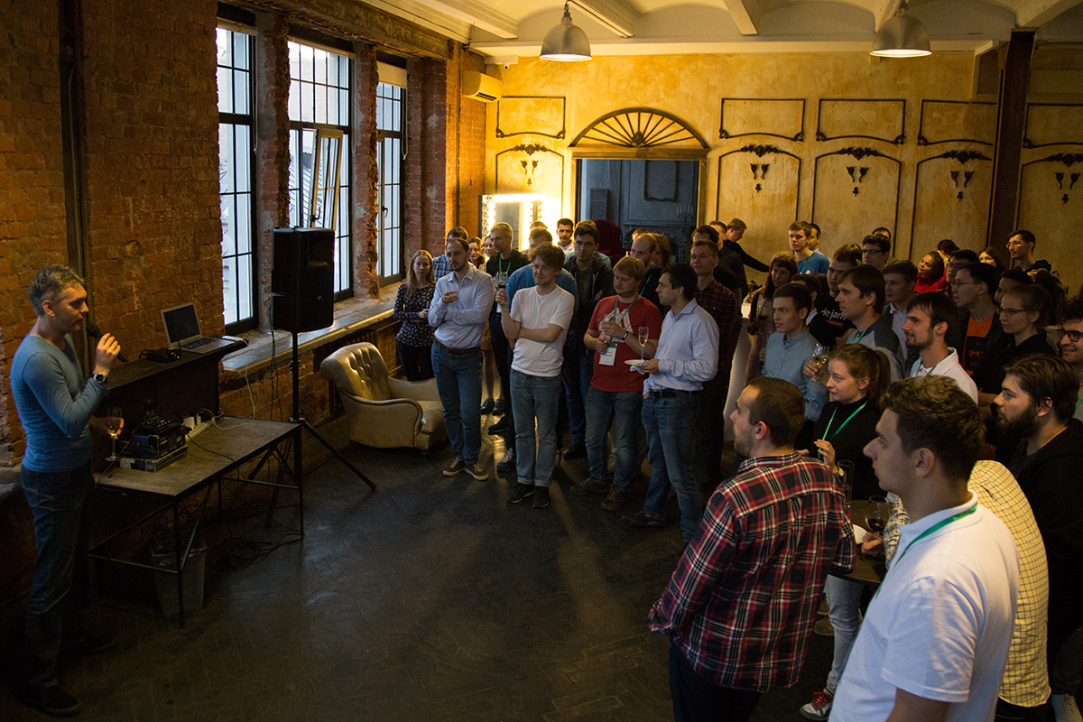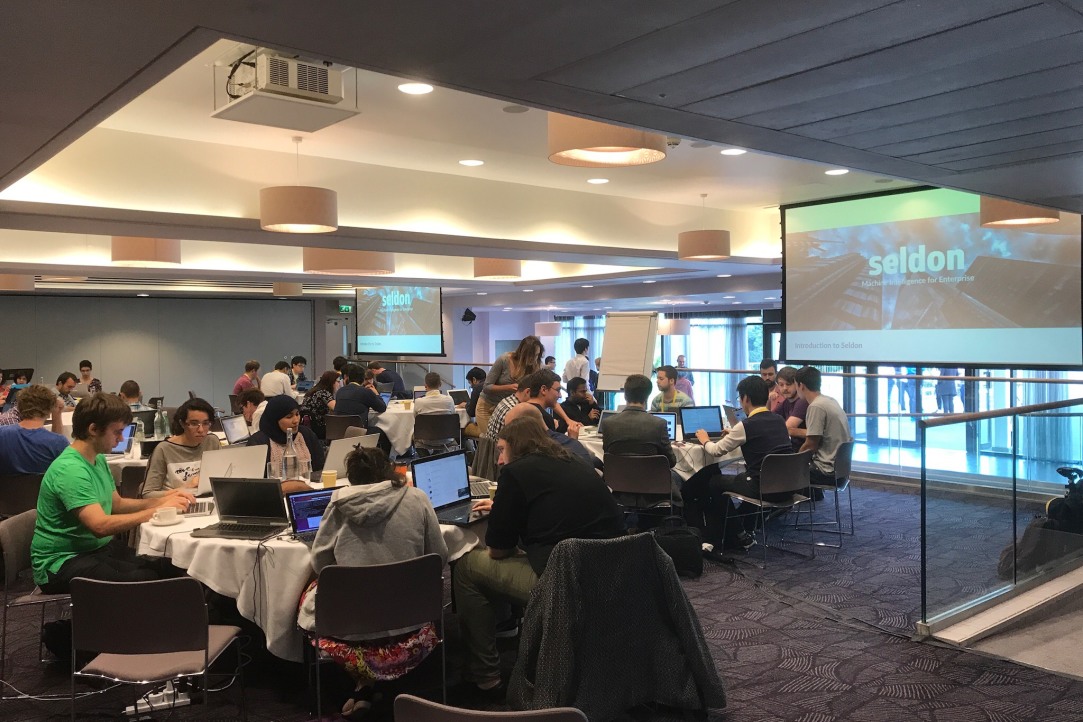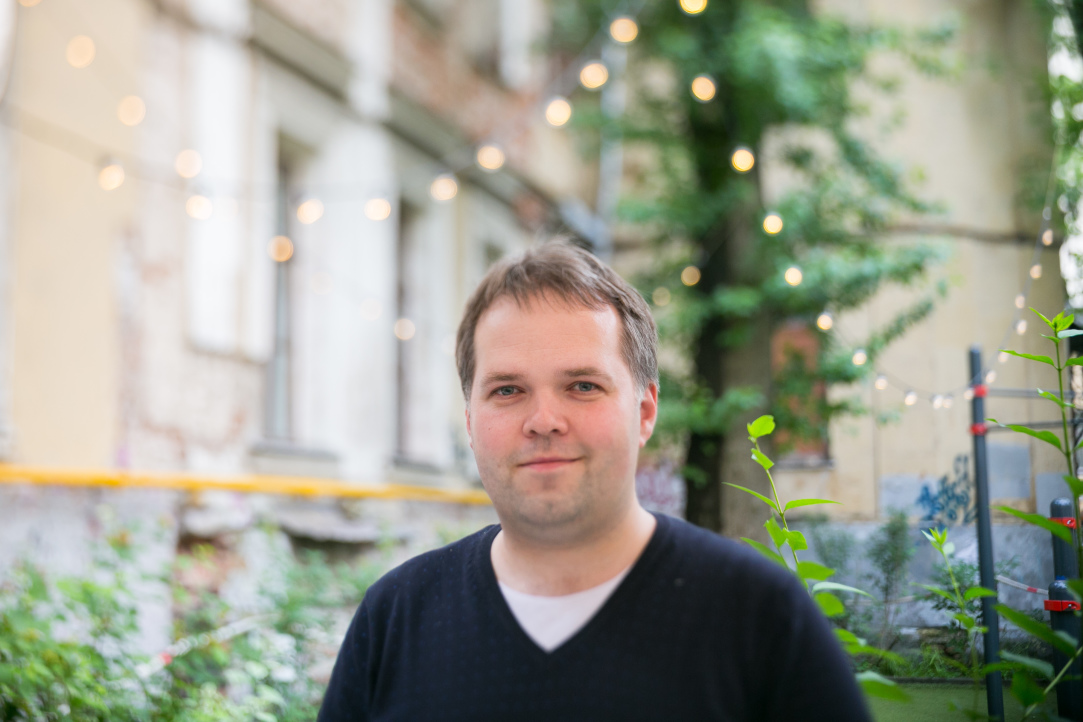News
Faculty of Computer Science of the Higher School of Economics in Moscow, Russia invites applications for full-time, tenure-track positions of Assistant Professor in all areas of computer science including but not limited to programming language theory, software engineering, system programming, algorithms, distributed and parallel computation, bioinformatics, artificial intelligence, and machine learning. Knowledge of Russian is not required, as teaching and research are both conducted in English.
The application period for HSE’s Student Research Paper Competition has started. The winners will have an opportunity to take part in workshops on academic skills development, while those in state-financed studies will improve their chances of seeing their academic scholarships increased. Also, in addition in HSE students, learners from other academic institutions are eligible for this competition.


The 6th International Conference on Analysis of Images, Social Networks and Texts was held on July 27-29 in Moscow with the support of the Higher School of Economics. This year 130 papers from different universities, including many international ones, were submitted for the conference. The best works were selected by renowned experts in data analysis from all over the world; these papers will be included in the conference proceedings and published in the series ‘Lecture Notes in Computer Science’ issued by Springer.


